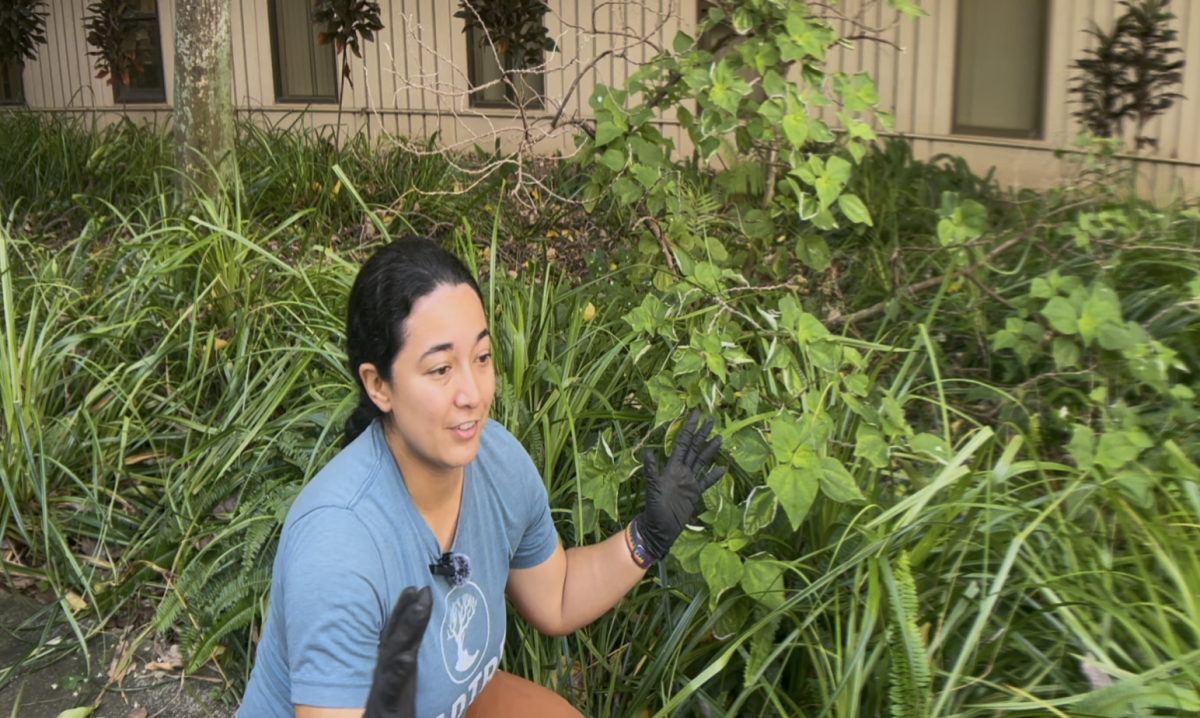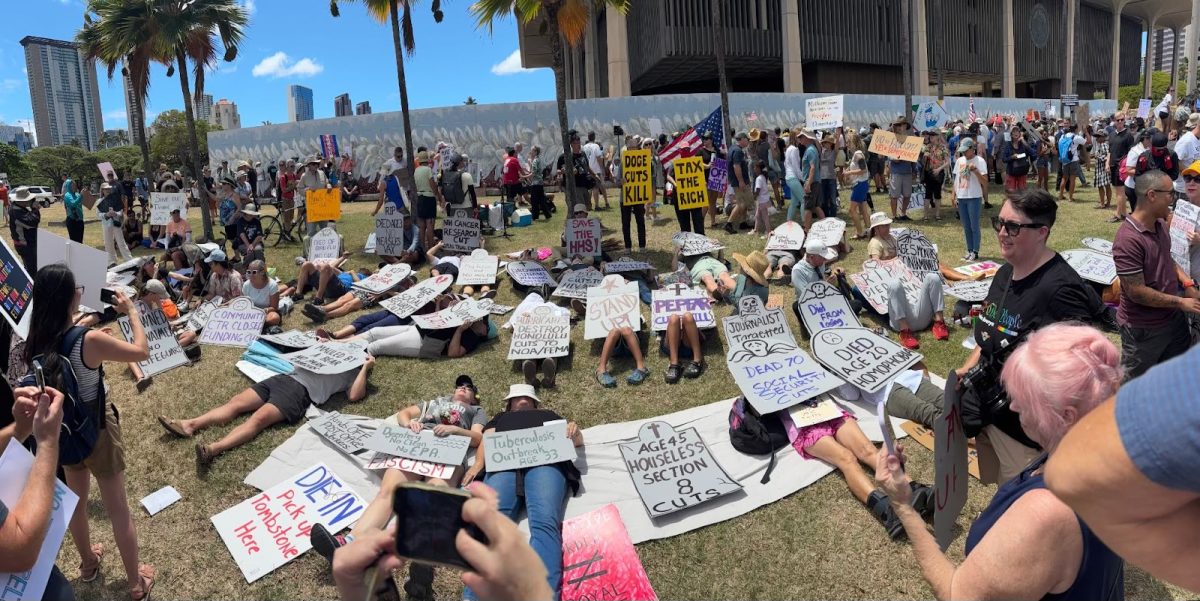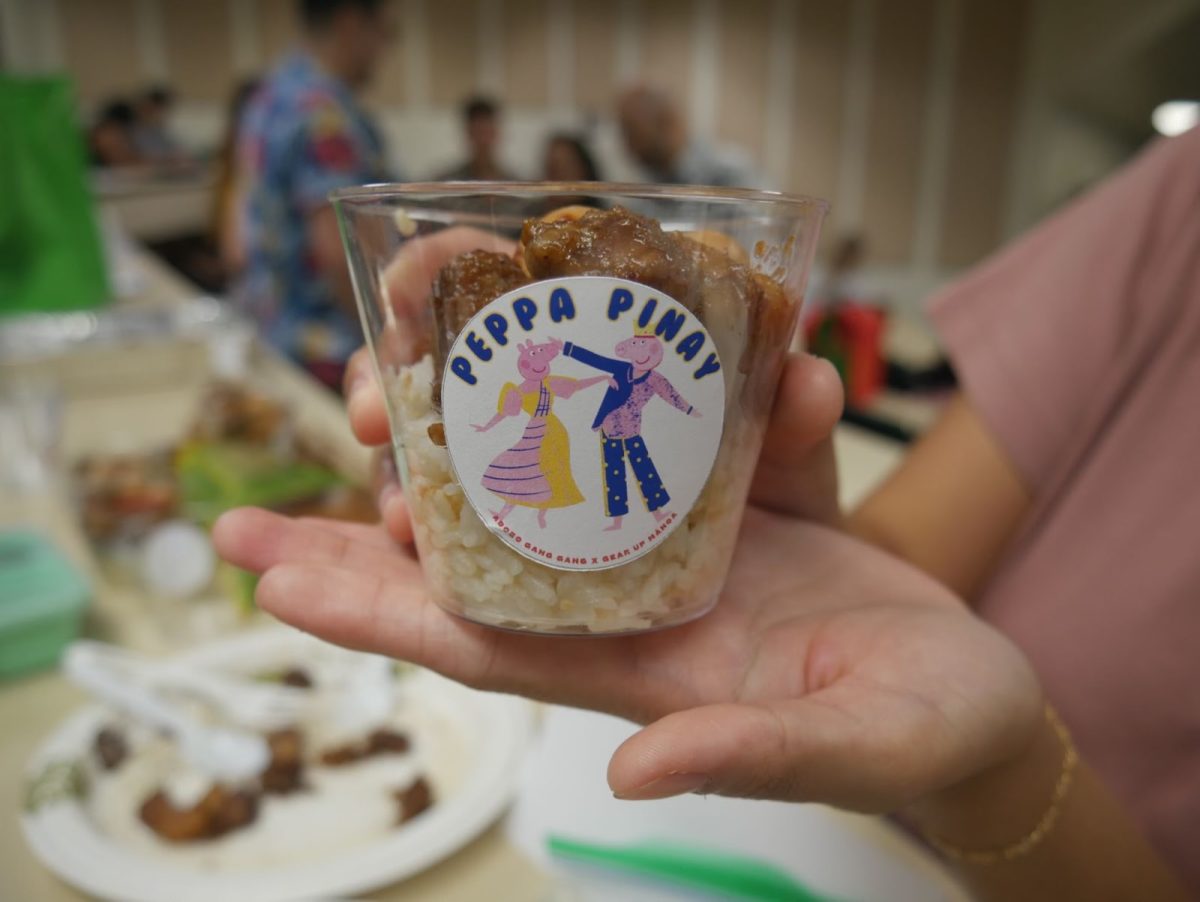College students are a significant target of multi-level marketing (MLM) schemes and it’s only getting worse.
The Federal Trade Commission defines MLMs as “businesses that involve selling products to family and friends and recruiting other people to do the same.”
This practice isn’t tied down to one name; other names include network marketing, digital marketing, direct selling, and affiliate marketing.
MLMs have reached out to college students mainly on social media or through “cold messages.” Other ways include LinkedIn job offers and occasionally through school emails, although they’re less common. Hawaiʻi is not exempt from issues like this.
“When a former significant other got into Amway, they used my name so that they could get incentivized for getting a ‘customer.’ They literally put my name without my permission and it allowed them to ‘level up’ within the ‘business,’” said an anonymous UH student.
Another anonymous UH student also shared their experience, saying, “…when a [redacted MLM company] sales rep asked if we had any sort of health condition, and my family member told them that I had eczema and they said that it could heal it.”
This student was even given a little cup of filtered water at their home, to sample during a sales pitch. They did not end up using it because they were unsure of the claim.
Salespeople make claims that their products can cure anything because of their company’s lack of regulations. A common one is in Young Living, an essential oil company. Young Living was involved in a class action lawsuit for its sales reps making exaggerated health claims.
In a letter issued in 2022 by the FDA to Young Living’s co-founder and CEO, Mary B. Young, it referenced a sales rep making dangerous health claims that can have serious consequences.
The FDA website stated, “On the website… under the Essential Oil category, in the ’20 Uses for Frankincense Essential Oil’ post: Number 15 states, ‘for new moms, apply one drop daily [of Frankincense Essential Oil] to the umbilical cord stump on your newborn until it falls off.’”
The FDA continued by saying, “Please be aware that applying non-sterile, non-antimicrobial products topically to an umbilical cord may cause infection.”
The State of Hawaiʻi discourages people consuming and participating in all of these companies. The Hawaii Department of Commerce and Consumer Affairs sent out a letter warning the public of these schemes. The letter states that,
“The Hawaii Securities Commissioner strongly cautions Hawaii residents to be cautious and not become involved in any investment which appears to be an illegal pyramid scheme…Under State securities laws, interests in a pyramid investment scheme can constitute a ‘security.’ Therefore, participation in a pyramid scheme may be a violation of state securities laws.”
If you believe you are approached with a MLM, it is advised to firmly say “no.” If they persist, walk away. If you are ever contacted online, ignore the message and block the user. If you see the job offer on LinkedIn or Facebook, report the post, as having MLM pitches on these platforms go against their terms of use. If you are approached in a store, let a worker know that you were approached by a MLM sales rep, as it is unlawful to solicit around stores for that matter.
Disclaimer: Companies identified in this article have described themselves as MLM organizations in their websites.








